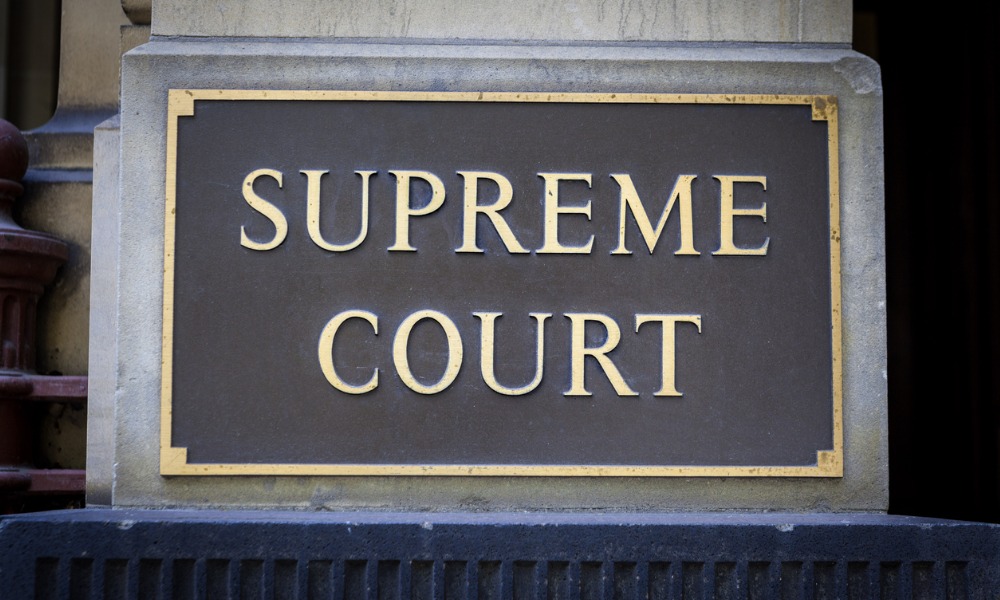
This is the first settlement of its kind in which legal costs for plaintiffs were determined as a percentage of the settlement sum

The Supreme Court of Victoria has approved a landmark settlement in which the legal costs for plaintiffs were determined as a percentage of the settlement sum for the first time in an Australian class action.
A team from Slater and Gordon led the suit in question. which was a shareholder class action filed against G8 Education Ltd. The suit came in the wake of a $46.5m settlement reached in March, where the defendant did not admit to any liability.
In his ruling, Justice Watson upheld a Group Costs Order (GCO) issued by the court in November 2021. The GCO stipulated that Slater and Gordon's legal fees would be calculated at 27.5% of any award or settlement reached in the proceeding.
"[The GCO] provides group members with much greater certainty and transparency regarding the deductions from any resolution sum and eliminates the risks that legal costs and funding costs might consume the majority of any return to group members", lead plaintiff Paul Allen said in his evidence.
Group members agreed unanimously to the settlement amount; they also did not object to the legal costs being settled as a GCO. Under the terms of the order, Slater and Gordon was responsible for covering all expenses related to conducting the case and would have had to pay the defendant’s legal costs if the class action had not resulted in a favourable outcome for the firm and its client.
With Watson’s decision, group members in the class action will be granted 72% of the $46.5m settlement, with additional costs deducted for administering the distribution to group members.
"This judgment is a watershed moment in the Australian class action landscape and confirms that the GCO regime provides an affordable alternative to more expensive legal fee structures traditionally used by plaintiffs previously”, Slater and Gordon class actions head Emma Pelka-Caven said. “Instead of separate deductions for legal costs and litigation funding commission typically borne by group members before GCOs were available, the regime provides for a single percentage deduction if a case is successful.
Pelka-Caven added that the GCO for the case in question “would put a significantly greater proportion of the settlement sum into the pockets of group members than class actions supported by third-party litigation funders had on average in recent years”, as per evidence before the court.
“Today’s decision makes clear that the introduction of GCOs in Victoria has made it easier for Australians to access our legal system and seek redress for wrongs they have suffered," she said.
The G8 class action was initially filed in late 2020 after thousands of shareholders claimed that the company had engaged in misleading or deceptive conduct and violated its continuous disclosure obligations in relation to announcements about its likely earnings in 2017.
“Under the GCO, Slater and Gordon effectively receives approximately 7.9% of the settlement sum for the provision of those services which would have been provided by a third-party litigation funder”, Watson said. “This compares favourably with average litigation funding commissions which, both at the time the GCO was made and since, are in the 23% to 24% range. Group members in the proceeding have had the benefit of litigation funding from Slater and Gordon at about one third of the rate of a third-party litigation funder”.